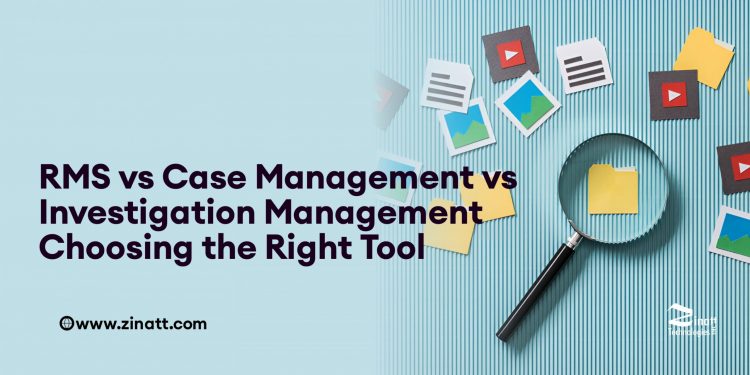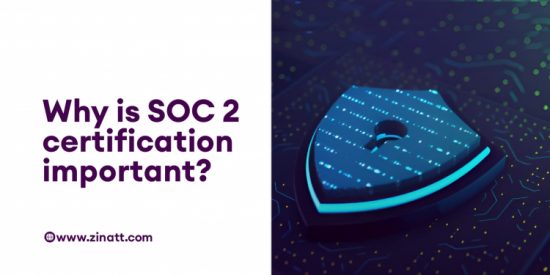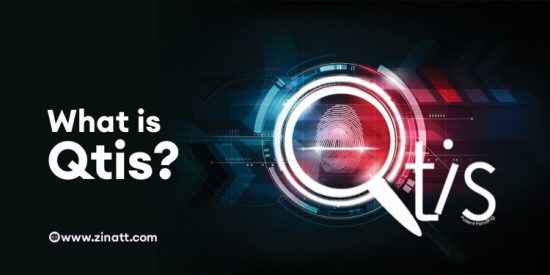It is imperative for investigators, detectives, and law enforcement teams to have the right technology in place for storing critical case information. Records, documents, and files must all be captured and stored securely in a shared data repository. Additionally, the ideal technology should make analyzing that data and collaborating in real-time possible.
When picking the right tool, many law enforcement teams rely on Records Management Systems (RMS) for this function. However, while RMSs have a place in the case management process, they aren’t always powerful and efficient enough to handle the entire lifecycle of case management. In this guide, take a look at the key differences between RMS, case management systems, and investigation management solutions to discover what tools are the best fit for agencies looking to improve efficiency and accuracy.
What Is a Records Management System?
Utilized by many law enforcement teams, an RMS is an agency-wide solution that allows team members to store, archive, and view records, documents, and files in a single location. From the initial creation to the completion of a report, the RMS creates a data repository where all relevant information is stored. An RMS also makes it possible to retrieve this information, set specific parameters around the expiration of records, and determine user-specific permissions.
RMSs are extremely valuable for law enforcement and investigation agencies. However, these systems are focused solely on the management of records, which makes them limited in their use case.
What Is a Case Management System?
While an RMS focuses on record management, a case management system expands to include the full lifecycle of a case. These systems make it easier to track a case from start to finish, including key benchmarks and reports. A case management system fills in many of the missing gaps from an RMS and enables teams to collaborate on a case, follow up on tasks, and track progress.
What Is an Investigation Management Solution?
Taking it one step further, an investigation management solution is a powerful tool that combines the record management functions of an RMS with the tools of a case management system while offering additional investigation-focused functions.
With an investigation management solution, agencies can securely store and share data with colleagues in real-time. These systems include a robust toolset that replaces spreadsheets and sticky notes, providing a virtual whiteboard for collaboration.
Far more than simply a place to store supplemental reports, an investigation management solution makes it possible for teams to work in a virtual environment while building a case.
For teams interested in seeing the difference an investigation management solution can make, schedule a demo of the Quick Tracking Information System (Qtis). Through this powerful investigation management solution, teams can improve collaboration, manage reporting, and track cases from start to finish.




 520 838 0346
520 838 0346 sales@zinatt.com
sales@zinatt.com










